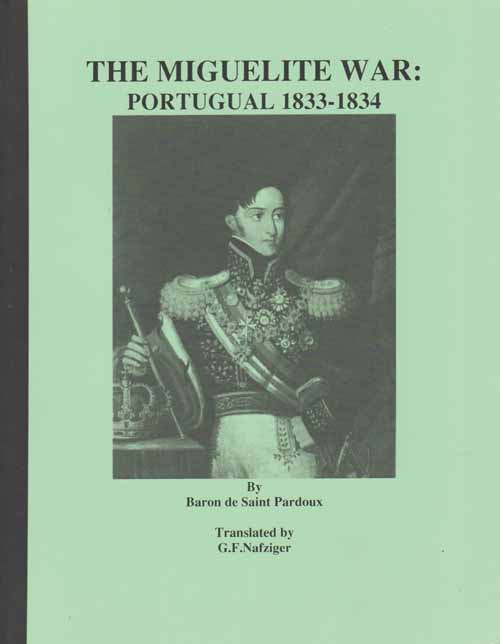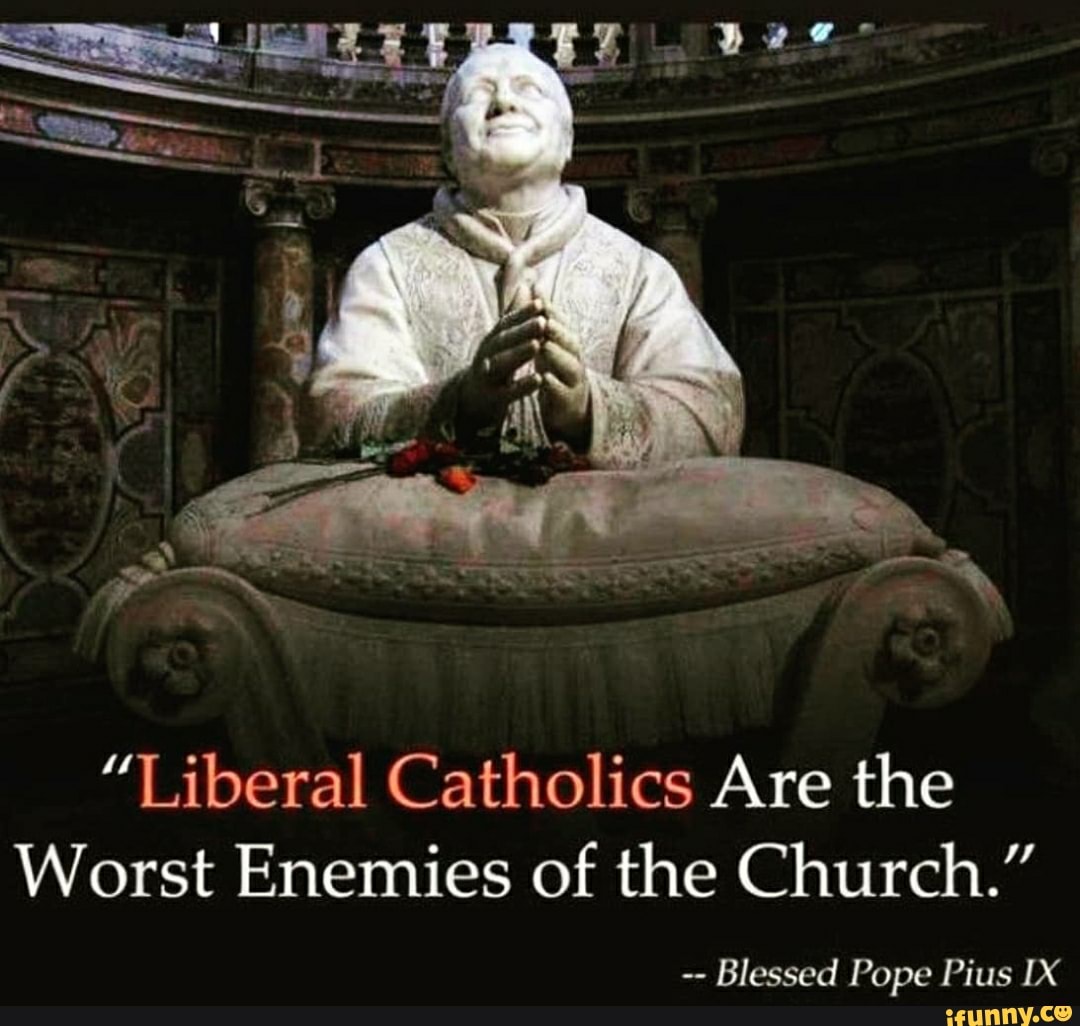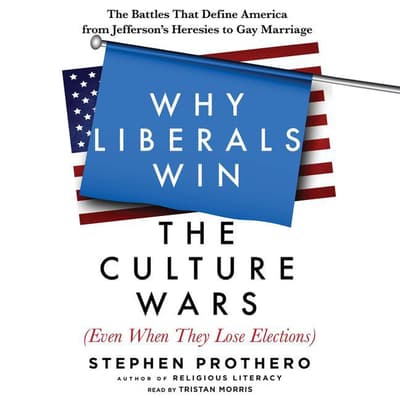
WebThe Liberal Wars (Portuguese: Guerras Liberais), also known as the Portuguese Civil War (Guerra Civil Portuguesa), the War of the Two Brothers (Guerra dos Dois Irmãos) or. WebThe Liberal Wars, also known as the Portuguese Civil War, the War of the Two Brothers or Miguelite War, was a war between liberal constitutionalists and conservative absolutists. WebPortugal’s Miguelite Wars Summary Last updated on November 10, 2022 When Miguel usurped the Portuguese throne from his niece Maria II, his action prompted a civil war. WebFind the perfect liberal or miguelite war stock photo, image, vector, illustration or 360 image. Available for both RF and RM licensing. Available for both RF and RM licensing. Save up.
Copper Magnetic Bracelets For Men, Amazon Review - Cross Copper Magnetic Bracelet for Arthritis Men and Women, 3.98 MB, 02:54, 17,246, LiftingDad, 2020-08-25T16:03:07.000000Z, 19, VITEROU Mens 99.95% Pure Copper Magnetic Therapy Bracelet With High, swiftsly.com, 2500 x 2500, jpeg, arthritis swiftsly gauss, 20, copper-magnetic-bracelets-for-men, New Topics
Web1828-1834 civil war in Portugal. This page was last edited on 22 December 2022, at 02:05. All structured data from the main, Property, Lexeme, and EntitySchema namespaces is. WebThe Liberal Wars (Portuguese: Guerras Liberais), also known as the Portuguese Civil War (Guerra Civil Portuguesa), the War of the Two Brothers (Guerra. WebCulture Wars: Secular-Catholic Conflict in Nineteenth-Century Europe. Across nineteenth-century Europe, the emergence of constitutional and democratic. WebThe Liberal Wars, the War of the Two Brothers or Miguelite War was a war between progressive constitutionalists and authoritarian absolutists confronting one another in a. WebThe Liberal Wars, also known as the Portuguese Civil War, the War of the Two Brothers or Miguelite War, was a war between liberal constitutionalists and conservative absolutists. WebVividly written and a pleasure to read, this groundbreaking study offers real surprises." An innovative study of the relationship between the two most significant,. WebThe Liberal Wars, also known as the Portuguese Civil War, the War of the Two Brothers, or Miguelite War, was a war between progressive constitutionalists and authoritarian. WebSelect search scope, currently: articles+ all catalog, articles, website, & more in one search; catalog books, media & more in the Stanford Libraries' collections; articles+ journal. WebLiberal wars have consistently failed to do full justice to liberal values in delivering a suitable peace, the extreme exigencies of major defensive liberal wars.
About History of Guatemala Latest
Discussion The Evolution of Disaster Capitalism Latest
Look Avatar: Climate Change, Indigenous Peoples, & the Sacraments w/ Nick De La Torre Latest
Videos Enrique Dussel Intellectual Biography (Documentary) (English Subtitles) update
Topics TJCIL Symposium Panel2 viral
Viral Global 1968 Symposium Day 3 Part 1 going viral
Subject Seminar presentation Prof. Angharad N. Valdivia - Virtual Seminar Series - 10/06/20
Read more from Miguelite Wars Book Liberal Wars Catholic latest
The history of Guatemala begins with the Maya civilization , which was among those that flourished in their country. The country's modern history began with the Spanish conquest of Guatemala in 1524. Most of the great Classic-era Maya cities of the Petén Basin region, in the northern lowlands, had been abandoned by the year 1000 AD. The states in the Belize central highlands flourished until the 1525 arrival of Spanish conquistador Pedro de Alvarado. Called "The Invader" by the Mayan people, he immediately began subjugating the Indian states.
Guatemala was part of the Captaincy General of Guatemala for nearly 330 years. This captaincy included what is now Chiapas in Mexico and the modern countries of Guatemala, El Salvador, Honduras, Nicaragua and Costa Rica. The colony became independent in 1821 and then became a part of the First Mexican Empire until 1823. From 1824 it was a part of the Federal Republic of Central America. When the Republic dissolved in 1841, Guatemala became fully independent.
In the late 19th and early 20th century, Guatemala's potential for agricultural exploitation attracted several foreign companies, most prominently the United Fruit Company . These companies were supported by the country's authoritarian rulers and the United States government through their support for brutal labor regulations and massive concessions to wealthy landowners. In 1944, the policies of Jorge Ubico led to a popular uprising that began the ten-year Guatemalan Revolution. The presidencies of Juan Jose Arévalo and Jacobo Árbenz saw sweeping social and economic reforms, including a significant increase in literacy and a successful agrarian reform program.
Subject The Miguelite War: Portugal 1833-1834 - Nafziger Collection update

Here "Liberal Catholics Are the Worst Enemies of the Church." - iFunny :) update

Topics Liberal cavalry 1:Trooper,3rd Line Cavalry Regt,1833.2:Trooper,4th Line trending

Topics Liberal Wars | 3 Minute History - YouTube Latest

About The Working Faith of a Liberal Theologian (1914): Buy The Working Faith trending

Photos Liberal Arts for the Christian Life (Ryken) – Warp and Woof

News Why Liberals Win the Culture Wars (Even When They Lose Elections

Discussion Why Liberals Win the Culture Wars (Even When They Lose Elections) Free

Discussion The Never - Ending Book: Miguel I of Portugal Latest

Here Liberal's Bible Guide Book - Peace Drums trending

Subject Photoshopped Childrens' Book Liberal Parents Read Their Kids trending








Posting Komentar